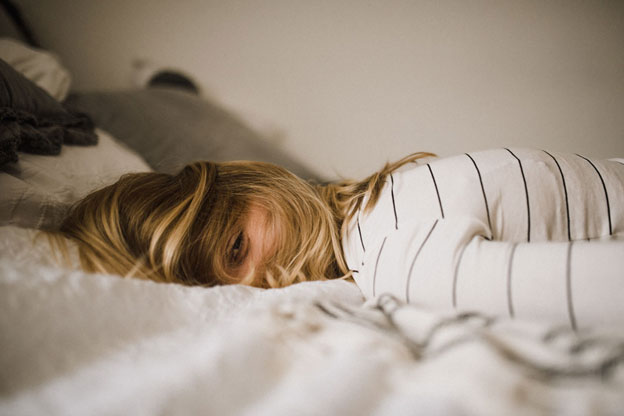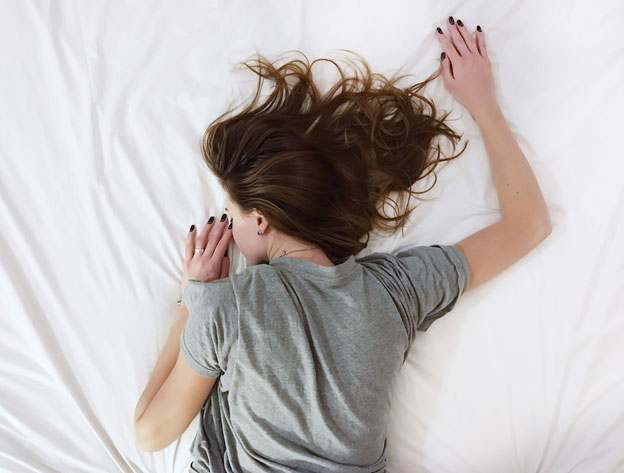Why a good night’s sleep is just as important as brushing & flossing.


Could the quality of your sleep be affecting your oral health?
We’ve all heard of grinding your teeth while sleeping, or what’s referred to in the dental world as Bruxism, but did you know that Bruxism has been linked to sleep apnea?
That’s right.
If you struggle with grinding your teeth at night, it’s a possibility that you might also have sleep apnea.
You’ll often hear us asking our patients about the quality of their sleep because what’s happening in the mouth is usually linked to what’s happening in the body. As dentists we try to be proactive in our approach by treating the root of the issue instead of just the symptom.
And in the case of Bruxism, that includes screening a patient for sleep apnea.
How to know if you’re grinding your teeth at night:
- Sore muscles in the jaw or face
- A friend or partner telling you they can hear or see you grinding at night
- Increased tooth pain or sensitivity
- TMJ pain (TMJ is a disorder of the temporomandibular joint, which connects your lower jaw to the base of your skull in two points. This joint is responsible for helping you chew, speak, and open your mouth to breathe. Pain can present as jaw joint pain, ear pain, neck pain, or even a headache.)
- A jaw that clicks, which can also be a sign of TMJ
- Waking up with a headache, which can also be a sign of sleep apnea
So what exactly is sleep apnea?
The official definition is “temporary cessation of breathing, especially during sleep.”
For those who struggle with sleep apnea, the tongue and other surrounding muscles in the mouth become so relaxed during sleep that they end up blocking the airway. This can cause a person to stop breathing for several seconds at a time.
After studying brain scans of people with sleep apnea, researchers found that bruxism was linked to the reopening of the airway, meaning that in order to breath again they involuntarily began to grind their teeth.
Bruxism can cause...
- Premature damage to your teeth
- Tooth decay and tooth sensitivity
- Aging and yellowing
- Permanent jaw pain and damage to the jaw joint
Sleep apnea in general results in the loss of quality sleep which, untreated, can lead to...
- High blood pressure
- Heart disease
- Stroke
- Chronic kidney disease
- Automobile accidents
- Diabetes
- Depression
- Anxiety
- Weight gain

How do you know if you have sleep apnea?
If you experience any of the following, there’s a chance it could be due to sleep apnea:
- Snoring
- Teeth grinding
- Waking up tired
- Mouth breathing
- Audible cessations of breathing during sleep
- Daytime fatigue
- Choking or coughing throughout the night
- Headaches
- Nocturia, or waking up to urinate throughout the night (in deep sleep, your brain shuts down that urge)
- Symptoms of ADHD in children
- Daytime attention issues
- Irritability
If these are symptoms you struggle with and you think you might have sleep apnea here’s how we can help.
There are several different mouthpieces we can provide that you can wear while sleeping to keep your airways open while you sleep to prevent bruxism from occurring.
If you’ve been struggling to manage symptoms caused from bruxism, or think you may struggle with sleep apnea, we’d love to help you rest easier at night.
Call us today to learn more about how we can help, or share this on social media if you know someone who may suffer from sleep apnea